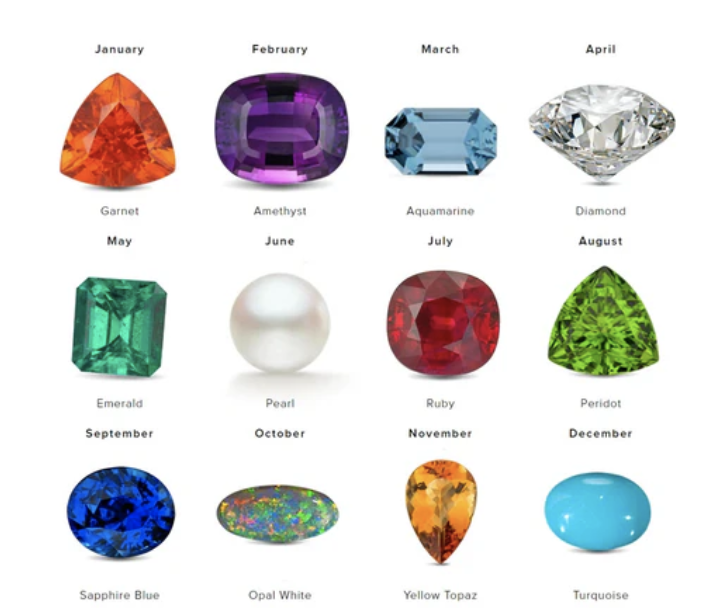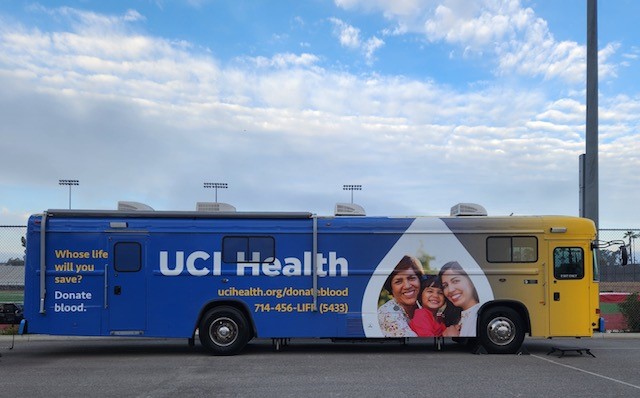Vitalmins

Vitamins can be crucial for a healthy lifestyle.
May 17, 2023
Eating healthy is often seen as a way to lose weight— eating healthy goes beyond that. It provides clarity to gather thoughts, an aid to emotional well-being, and a defense against physical sickness. It’s cliche but vitamins provide our fuel—often more than we realize. With unhealthy routine foods, we adapt to running on low fuel; the difference is slight, but we become numb to the norm over time. But the healthier we eat, the more efficient we become, and there’s no doubt it’s worth it. Coming from my little brother, “How many vitamins are there?” Christopher Smith (9). Vitamins are tough to figure out, with the standard 13 essential vitamins having different benefits and sources. Vitamins can be a lot to keep track of. This article will cover each, including its benefits, daily intake, and where it’s naturally found.
Let’s first start with measurements; vitamins are measured in a variety of ways, with the most common being: mg- milligrams (one-thousandth of a gram), mcg- microgram (one-millionth of a gram), and IU- international unit (this conversion depends on the type of vitamin).
1. Vitamin A
Vitamin A is mainly known for helping your eyes adjust to light, but as an antioxidant, this vitamin helps vision and the immune system. These vitamins are usually found in meat, cheese, eggs, and sweet potatoes, with the richest content found in carrots. Men should try for 900 mcg while women should aim for 700 mcg, equal to 1-2 medium carrots daily.
2. Vitamin C
The best antioxidant, Vitamin C is known for protecting against air pollution and radiation. This vitamin originates from citrus fruits. Men should try 90 mg while women should try 75 mg, equal to 1-2 oranges daily.
3. Vitamin D
Vitamin D helps strengthen bones, prevent muscle aches, and improve mood. This vitamin shouldn’t be a problem if you touch the grass, but if you live in a shaded area, you could find this vitamin in salmon, sardines, and milk. Anyone should shoot for around 600 IU daily, equal to 20 minutes in the sun.
4. Vitamin E
Vitamin E is an antioxidant that helps prevent damaged cells. Antioxidants help reduce the number of diseases, while other reports say they may help with brain and mental health. Vegetable oil and peanuts are composed of vitamin E. Adults need 15 mg daily, equal to ¼ a cup of almonds.
5. Vitamin K
Vitamin K helps for healthy bones while also preventing blood clots. Adult men should try 120 mcg, while women should try 90 mcg, equal to a cup of kale daily. This vitamin is also found in ground beef and bacon.
6. Vitamin B1
Vitamin B1, or Thiamine, helps turn carbohydrates into energy, helping nerve functions and skin and hair health. This vitamin appears in whole grains and meats. Men should try 1.2 mg, while women should try 1.1 mg, which is equal to a cereal bowl.
7. Vitamin B2
Vitamin B2 also known as Riboflavin helps turn food into energy. It’s vital for the growth in functions of your body’s cells. B2 is found in eggs and vegetables. Men should try 1.3 mg, while women should try 1.1 mg, equal to a bowl of Corn Flakes.
8. Vitamin B3
Vitamin B3 also goes as Niacin. B3 is found in beef liver and fish. Like B1, B3 helps turn food into energy; it’s crucial for your cell’s function. Men should try 16 mg, while women should try 14 mg, equal to an average serving of chicken.
9. Vitamin B5
This vitamin, also known as Riboflavin, helps convert food to energy. Adults usually need 5 mg, equal to 2 handfuls of sunflower seeds. B5 is found in salmon, avocados, and chicken.
10. Vitamin B7
This vitamin, also known as Biotin, helps turn carbohydrates, proteins, and fats into energy while also essential for healthy hair and bones. B7 is found in peanuts, hazelnuts, and oats. Adults should try for 30 mcg, equal to 3 egg yolks.
11. Vitamin B6
B6- pyridoxine has over 100 different enzymes that help metabolism. Adults need around 1.3 mg, equal to a 6 oz chicken breast. These vitamins are found in salmon and tofu.
12. Vitamin B12
B12, also known as cobalamin, helps make DNA while aiding in the creation of red blood cells. Adults need around 2.4 mcg, equal to 2 cups of milk. These are found in cheese, vegetables, and cereals.
13. Vitamin B9
B9, another name for Folate, helps with healthy cell growth and function. B9s are found in lentils and asparagus. Adults usually need 400 mcg, equal to a cup of edamame.
Well, this sounds like an overcomplicated salad recipe. Figuring the daily intake for all 13 vitamins was overwhelming, but perhaps it’s a slightly bigger matter than the average cereal breakfast, salad lunch, and salmon dinner. Healthy food makes for a healthy head and heart.





































